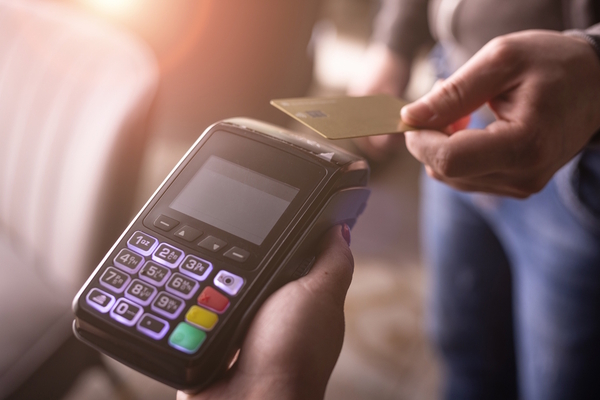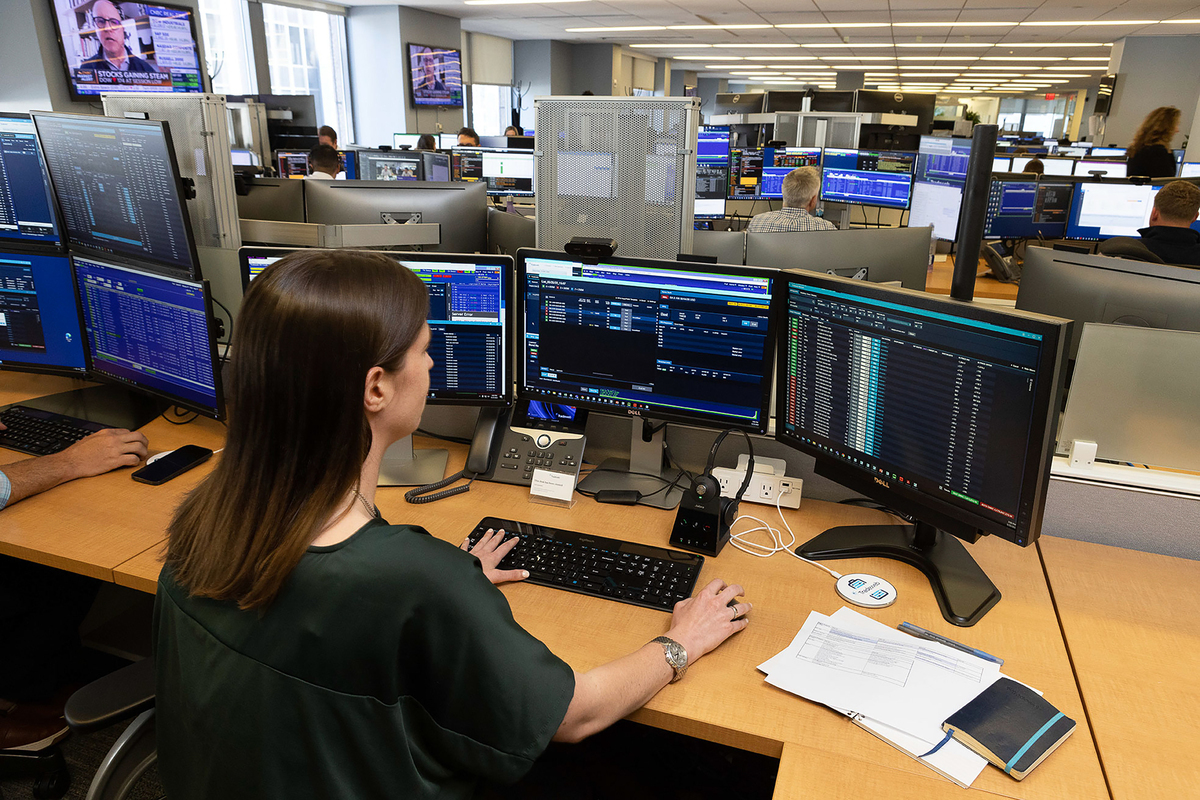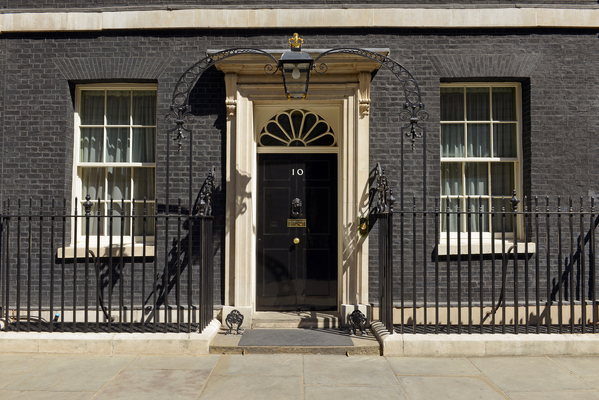Will cryptocurrency ever be trustworthy?

Philip Plambeck at Computop UK looks at the status of cryptocurrency and its impact on the payments sector and asks, will crypto ever be regarded as trustworthy?
Two steps forward and one step back seems to be an apt adage to describe the evolution of cryptocurrency. While significant strides have been made towards crypto as a payment method, full trust from the payment processing industry still faces steep hurdles, thanks primarily to its volatility, lack of regulatory certainty and the caution of retailers who need to first see a rise in consumer demand.
In recent months, cryptocurrency has started to dominate headlines again, and as usual, these highlight both its promise and its perils, begging the question, will digital assets ever be regarded as truly trustworthy?
Over the pond, the new Trump administration is working hard to cement America’s ambition to become the ‘crypto capital of the world’. President Trump has signed an Executive Order to establish a Strategic Bitcoin Reserve and a U.S. Digital Asset Stockpile, which dictates that bitcoin forfeited in criminal and civil cases will be added to the Strategic Bitcoin Reserve, ensuring that these assets remain within U.S. control rather than being prematurely liquidated. The goal is to maximise the strategic advantage of holding bitcoin, often referred to as "digital gold," as a store of value.
This approach reflects a growing recognition of cryptocurrency’s potential role in the financial ecosystem and a shift toward embracing digital assets rather than resisting them, to the extent that a "crypto czar" has been appointed, and a White House crypto summit is now on the horizon.
The Digital Assets Bill: a step toward legitimisation?
Meanwhile, here in the UK, Parliament is debating the Property (Digital Assets) Bill, which aims to clarify the legal status of digital assets, including cryptocurrencies. Historically, English and Welsh law has classified personal property into two categories: tangible assets (like gold) and intangible claims (like debts).
Cryptocurrencies do not currently fit neatly into either classification. The new bill proposes recognising a "third category" of personal property to accommodate digital assets, granting them explicit legal protections.
If passed, the bill will provide much-needed clarity for crypto investors and businesses, reducing litigation costs and aligning UK law with global standards set by jurisdictions like Singapore, New Zealand, and the United States. By recognising crypto-tokens as property, our financial system could become more attractive to digital asset investors.
The problem, however, is that without stricter regulations to combat fraud and security risks, the Bill may do little to encourage the payment and finance industry to feel confident.
Crypto risks are never far away
Despite these developments, cryptocurrency is still plagued by security vulnerabilities. Just last month, hackers—believed to be affiliated with North Korea’s infamous Lazarus Group—stole a huge $1.46 billion from the ByBit crypto exchange. The hackers exploited a supplier’s security weakness, redirecting a massive transfer of 401,000 Ethereum to their own digital wallets. So far, about 20% of the stolen funds have gone “dark,” meaning they are unlikely to be recovered.
While ByBit has assured customers that their funds are safe and has launched a bounty programme to trace the stolen assets, the attack underscores the persistent risks in the crypto space. The ability of hackers to funnel funds through uncooperative exchanges further complicates recovery efforts. Until security in the sector is significantly improved, public trust in cryptocurrency will remain fragile.
Using crypto wallets to manage digital assets
One potential solution to security concerns lies in the development of more robust crypto wallets. Today’s crypto wallets range from hardware devices that store private keys offline to software-based wallets that offer convenience but are more susceptible to hacks. The future could see the emergence of government-backed or institutionally secured crypto wallets that blend decentralisation with stronger regulatory oversight.
A trustworthy crypto wallet might feature multi-layer authentication, biometric security, and AI-driven fraud detection. It could also integrate with traditional banking infrastructure, allowing for seamless transactions between fiat and digital currencies. There is a challenge inherent in this approach however, because a wallet may not comply with crypto’s core principles of privacy and decentralisation if it is to offer the security needed for mainstream adoption.
Disruption or integration in the payments sector?
Cryptocurrency’s impact on the payments sector is undeniable. Major payment platforms like PayPal and Visa have already incorporated crypto transactions, signalling growing mainstream acceptance. The ability to make near-instantaneous cross-border payments without the need for intermediaries is one of crypto’s strongest selling points.
Yet, volatility remains a concern. Stablecoins, which are pegged to fiat currencies, have emerged as a possible bridge between traditional finance and crypto, but regulatory scrutiny is increasing.
If cryptocurrencies gain widespread trust, we could see a future where digital assets are used for everyday transactions just as easily as credit cards. However, for this to happen, concerns around fraud, regulatory compliance, and usability must be addressed. Until then, crypto will likely remain a niche payment method rather than a dominant force in the sector.
Teetering on the edge of acceptability
Despite government endorsements, legislative advancements, and technological innovations, the cryptocurrency industry remains a double-edged sword. The Trump administration’s support and the UK’s efforts to recognise digital assets as property are significant steps toward legitimisation. However, security breaches remind us that the industry is still rife with risks.
The key to crypto’s trustworthiness, as ever, lies in regulation, security, and innovation. While its role in payments is likely to grow, it will likely complement traditional finance rather than replace it, and stablecoins, central bank digital currencies and regulated crypto payment gateways could bridge the trust gap.
More broadly, if governments can create frameworks that protect investors while preserving the decentralised nature of crypto, and if technology can evolve to safeguard against hacks, then cryptocurrency may one day be as trusted in the same way as traditional banking systems.
Until then, scepticism will continue to surround digital assets, keeping them just out of reach of mainstream financial trust.
Philip Plambeck is Managing Director at Computop UK
Main image courtesy of iStockPhoto.com and ismagilov

Business Reporter Team
Most Viewed
Winston House, 3rd Floor, Units 306-309, 2-4 Dollis Park, London, N3 1HF
23-29 Hendon Lane, London, N3 1RT
020 8349 4363
© 2025, Lyonsdown Limited. Business Reporter® is a registered trademark of Lyonsdown Ltd. VAT registration number: 830519543





